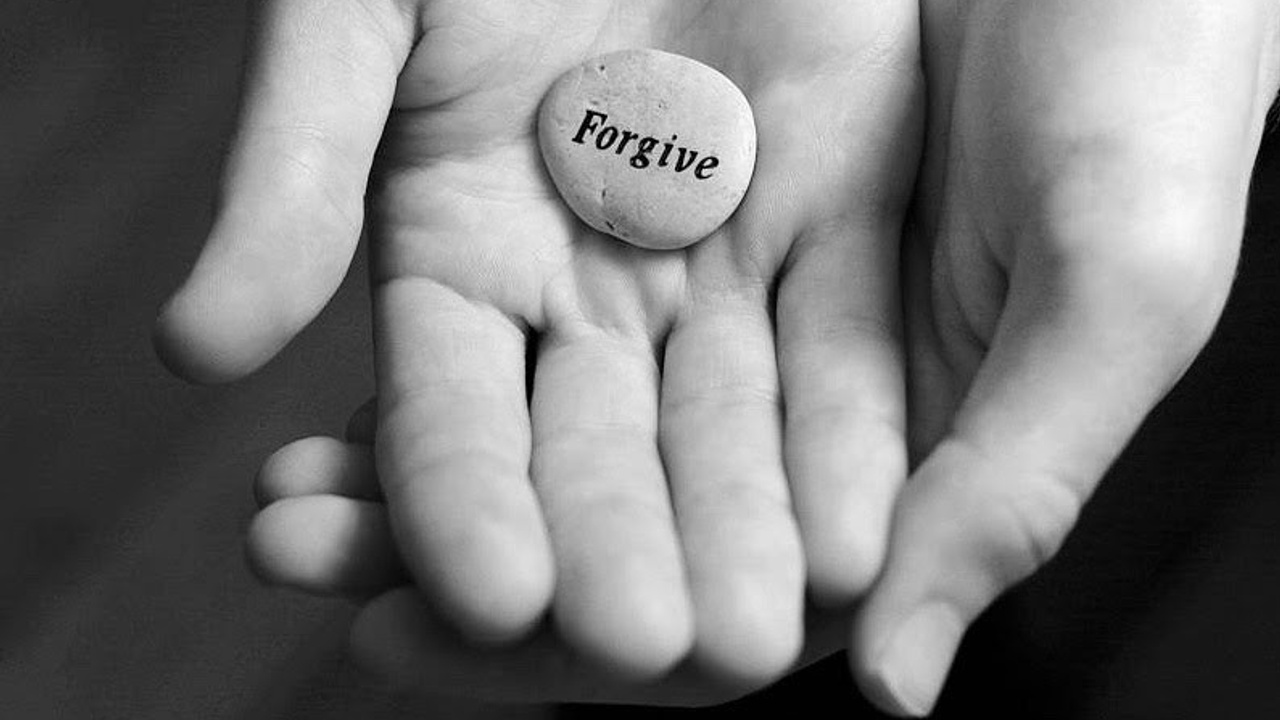
How to Forgive
Mar 01, 2021Consider a time when you felt hurt or betrayed by a colleague, friend or family member. Now, imagine what life would be like if you could somehow free yourself of that pain. In today’s article, you will gain some tips and tools to help you forgive yourself and others.
The truth is that individuals and organizations are much more successful and “healthy” when people aren’t preoccupied by past hurts. Therefore, one of the attributes of transformational leaders is their ability to shift feelings such as anger, disappointment, and blame into something positive. By practicing forgiveness, you can fuel trust and respect, thereby increasing your team’s performance.
Transformational leadership requires a great deal of compassion.
We must remember that our team members are human and that it takes time to adapt to change, which means that they may make some mistakes and perhaps even say or do things that will upset us. This is why it’s important to know when to forgive past wrongdoings in an effort to create a brighter future for our team or organization.
As an executive coach, I sometimes hear clients share current or past experiences of being hurt by someone they trust, which naturally causes them to feel emotions such as anger, frustration and resentment. Yet, holding on to unproductive emotions can deplete our energy and inhibit us from making wise decisions and performing at our best.
So, how can we let go of those emotions and forgive others for what they’ve done?
We can learn from Nelson Mandela, who spent 27 years of his life in prison. During that time, he was isolated and kept under terrible conditions. After being released in 1990, he could have stayed angry with those who had wrongfully imprisoned him. However, he chose to forgive them and accept what happened to him. He knew that by choosing to hold on to those depleting emotions he would only be hurting himself. By releasing that hurt and focusing on what he wanted to create, he was able to achieve true freedom.
I see this frequently in my coaching when people experience heightened states of compassion or forgiveness after accessing the positive learnings from painful events. Releasing the negative emotions uncovers the truth. In fact, they often reconnect with a parent, old friend, or others whom they have not spoken to in years.
To clarify, forgiveness is not about condoning other people’s hurtful actions. It is about developing compassion and accepting others for being imperfect, while at the same time honoring our boundaries and protecting ourselves.
Ask yourself, “Is there someone or something in my life that I want to forgive?”
If you’ve attended one of my coaching or training programs on MINDset, you know that your life is a reflection of your beliefs or expectations. When you believe that people should behave a certain way and you notice that someone is not doing what they “should” be doing, you experience unpleasant emotions (such as anger or disappointment).
In those situations, it may be easy to blame others. But that will never solve the problem or lead to inner peace. The only thing you can do is free yourself from the negative story of what you believe happened to you and choose to embrace forgiveness.
It is also important to realize that the other person’s decision likely had nothing to do with you. They were probably feeling some threat or danger (consciously or unconsciously), which activated their survival instincts and inhibited them from doing the “right” thing.
Everyone makes mistakes. It’s part of being human, which is why we cannot expect the people in our life to always meet our expectations. They’ve got their own limiting beliefs and personal struggles, which is why forgiveness is a key component to effective leadership and a healthier life.
To help you forgive people for their mistakes, I invite you to take the following actions:
1. Begin by labeling the emotions that you are feeling (e.g., anger, hurt, betrayal, etc.). Ask yourself, “What emotions are present as I focus on that situation or event?” You can release those emotions by using self-regulation tools such as Emotional Freedom Techniques (EFT). Check out Episode 25 of The MINDset Game® podcast here, where you will learn more about how you can use EFT for forgiveness and self-acceptance.
2. Once you acknowledge and accept how you are feeling, you can develop compassion by considering the other person’s true intentions. Ask yourself questions such as, “Why did the person do what they did?” and “Was the hurtful behavior consciously intended to cause pain, or was it more likely due to a misunderstanding, their inability to meet my expectations, or perhaps because they were under a great of stress?" Remember that everyone is always doing their best based on the resources they have available to them and their state at the time. And, be sure to practice self-compassion because you too are a "work in progress," where every challenging event is an opportunity to grow.
If you are struggling with self-blame, I invite you to complete the following phrases to help you forgive yourself for past mistakes:
- “I did the best I could when I...”
- “It wasn’t easy for me when I...”
- “I learned some important lessons when I...”
- “I am sorry about when I...”
When you decide to let go of the blame and make peace with yourself and others, you’ll be rewarded with physical, mental, and emotional well-being. In addition, you’ll likely find it easier to access the beautiful lessons and gifts from those past painful experiences.
The return on your investment will be a more compassionate and coherent work environment, which allows for greater collaboration, creativity, and engagement.
Don't miss a beat!
New moves, motivation, and classes delivered to your inbox.
We hate SPAM. We will never sell your information, for any reason.

